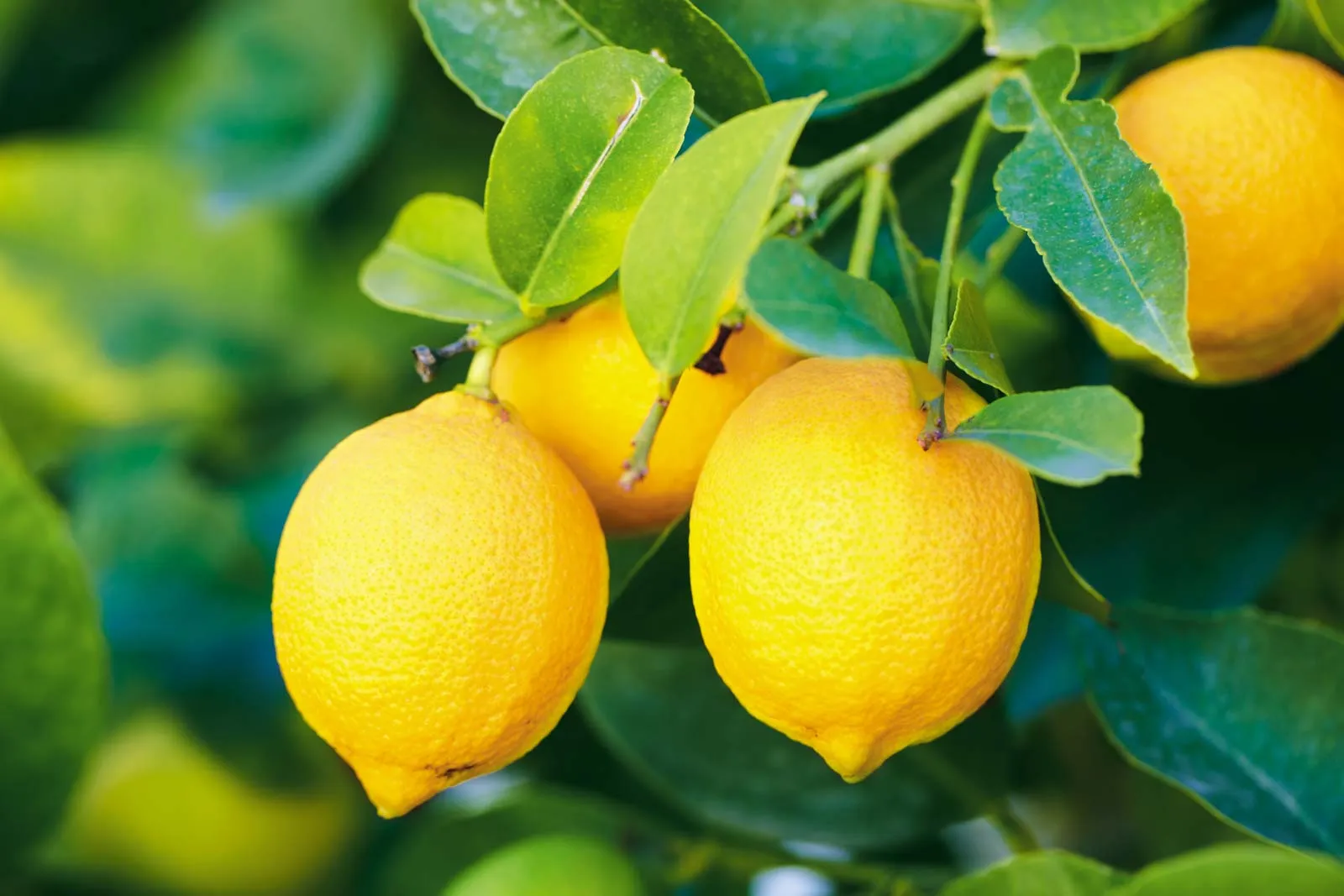A question that has bedeviled beekeepers across the US in recent years is ‘Where has all the honey gone?’
Scientists now say they have some answers as to why yields of honey have declined, pointing to environmental degradation that is affecting all sorts of bees, and insects more generally.
Have you read? USAID gives Ukrainian farmers 12,000 tonnes of fertilizers for autumn sowing campaign
The amount of hοney produced by honeybee colonies in the US has dropped by around half a pound, on average, per colony in the past decade, US government data shows, even as the number of managed colonies increased slightly.
“You go to meetings with beekeepers and you’ll hear all the time they are not producing honey like they used to,” said Gabriela Quinlan, a research fellow in Penn State’s Department of Entomology and Center for pollinator research. “It’s something we see across the board in different states.”
A new study, led by Quinlan, has analyzed the factors affecting the amount of flowers growing in different regions, which is a key factor in the amount of hοney produced by honeybees after they forage. Honeybees need nectar, pollen, and water, collected from the surrounding environment, to make hοney.
The research found that several factors are hampering honeybees’ ability to create honey, including an explosion in the use of herbicides, the conversion of previously flower-rich land into monocultural farmland, and a decline in soil productivity.
Read also: Steps to boosting food security in Africa, according to experts
A major factor, since the early 1990s, in honey production has been climate change, with rising temperatures, altered rainfall patterns, and extreme weather events wreaking havoc upon many beekeepers and their broods.
“It’s just so weather-dependent,” said Christina Grozinger, study co-author and Penn State entomologist. “It’s not just getting warmer and wetter, there are also these extreme events that mean you don’t know what weather you’ll be getting.
“You can’t really manage for that. We can manage the land in terms of reducing pesticides but long term we are going to have to think about what plants we can plant with these changing climatic conditions.”
Honeybee colonies have suffered severe losses during winters in recent years, with habitat loss, the climate crisis, pesticides and disease all taking their toll.
There is a broader crisis among bees and insects more generally due to these factors, which researchers have warned will affect food yields and cause the decline of ecosystems unless they are urgently addressed.













